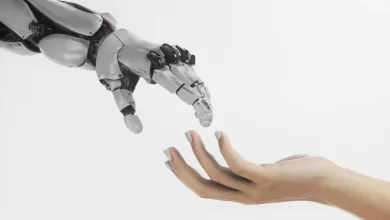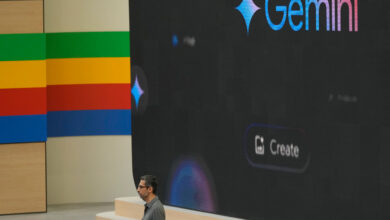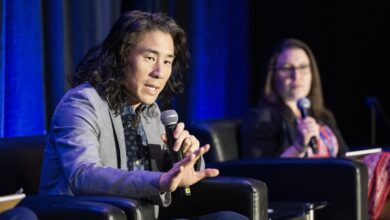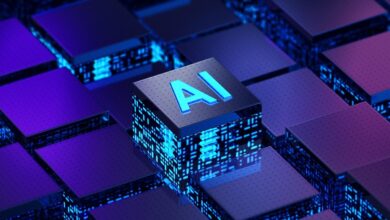In a world of wild, wild tech: OpenAI seeks manifest destiny for Artificial Intelligence

If you haven’t guessed yet, more is at stake in the feud between Open AI and actress Scarlett Johannson than her possibly suing for use of her voice without permission.
She told NPR she was “shocked, angered and in disbelief,” because OpenAI CEO Sam Altman pursued a voice that sounded very similar to Johannson’s, even after she declined nine months ago a request for license of her voice as a new digital assistant.
According to Reuters, Johannson alleges that Altman reached out to her again just two days before a keynote event last week and encouraged her to reconsider. The assistant was revealed as part of a new system called GPT-40 at the OpenAI event. Many believed Sky was very similar to the actress’s voice.
In a statement, Altman denied cloning Johannson’s voice and said a different actor had been contacted before he contacted the “Horse Whisperer” actress. He said Sky’s voice would be removed “out of respect” for Johannson.
However, on X, formerly known as Twitter, on the day of the ChatGPT assistant reveal, Altman tweeted “Her,” a reference to Johannson’s 2013 film of the same name in which she voices an AI assistant that has a relationship with a man.
Hollywood movies have warned us about it and American lawmakers are taking steps to guard against artificial intelligence (AI), but the situation reflects the growth of AI and its possible power. The fear is real that AI has a manifest destiny and will not be stopped.
OpenAI’s goal has been to create AI that will change human history, create a world where jobs are obsolete, and individuals earn a universal basic income.
Altman reasons that he and OpenAI are in a race against China. He has testified before Congress and encouraged lawmakers to regulate the growing technology.



